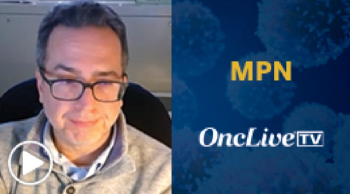
John Mascarenhas, MD, discusses the role of pacritinib in patients with myelofibrosis.

Your AI-Trained Oncology Knowledge Connection!


John Mascarenhas, MD, discusses the role of pacritinib in patients with myelofibrosis.
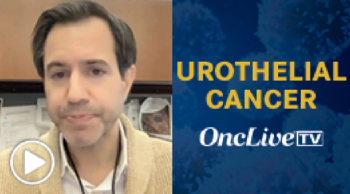
Matthew Galsky, MD, discusses the rationale of the phase 3 CheckMate-274 trial in patients with urothelial cancer.

Matthew Galsky, MD, discusses the key long-term findings and the clinical implications of the updated data from the phase 3 CheckMate 274 trial of nivolumab for the adjuvant treatment of patients with urothelial carcinoma.
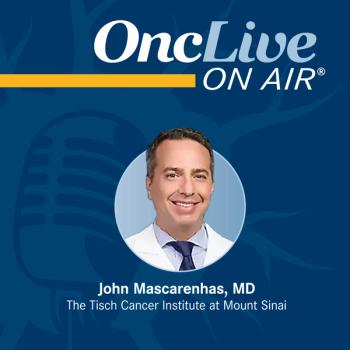
Dr Mascarenhas discusses established standards of care and ongoing research with JAK inhibitors in patients with myelofibrosis; the available frontline treatment options in this disease; and the nuances of myelofibrosis treatment sequencing.

At extended follow-up, nivolumab monotherapy showed improved disease-free survival, non-urothelial tract recurrence-free survival, and disease-specific survival vs placebo in patients with resected, high-risk muscle-invasive urothelial carcinoma.

Transurethral resection of bladder tumor followed by gemcitabine, cisplatin, and nivolumab led to stringent clinical complete responses in patients with muscle-invasive bladder cancer.
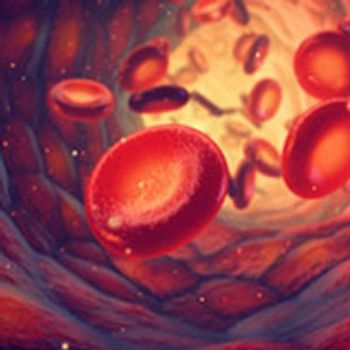
Timing of severe symptom onset is the only distinct difference between late and classic acute graft-vs-host disease, and long-term outcomes were similar between the two types of disease.

Matthew Galsky, MD, discusses the key findings from extended follow-up of the phase 3 CheckMate-274 trial in urothelial cancer.
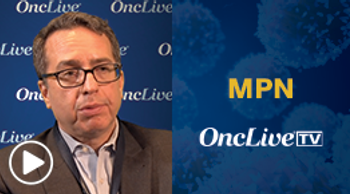
John O. Mascarenhas, MD, discusses evolution of JAK inhibitors in the treatment landscape of myelofibrosis.

For Kevin Kalinsky, MD, MS, director of breast medical oncology at the Winship Cancer Institute of Emory University in Atlanta, Georgia, his work on the RxPONDER trial serves as one of a few accomplishments for which he is grateful that have impacted clinical care.
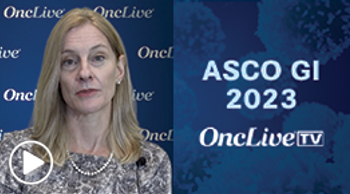
Karyn A. Goodman, MD, MS, discusses key toxicity and efficacy data supporting the use of stereotactic body radiation therapy in locally advanced pancreatic cancer.

Ajay Chari, MD, discusses several avenues for future study in newly diagnosed multiple myeloma.
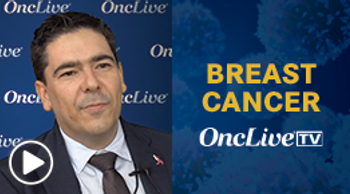
Jose Javier Bravo-Cordero, MD, discusses the role of extracellular matrix proteomics and disseminating tumor cells when regulating the tumor microenvironment to induce dormancy in breast cancer.
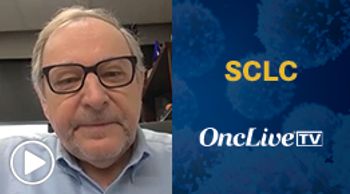
Fred R. Hirsch, MD, PhD, discusses the rarity of diagnosing small cell lung cancer early in the disease course, unmet needs in SCLC screening, the importance of ECOG performance score when considering patients for clinical trials, and factors influencing hospice care decisions in patients with SCLC.

Ajai Chari, MD, shares some background on talquetamab, reported safety and efficacy findings from MonumenTAL-1, and highlighted other ways in which the agent is being explored in multiple myeloma.
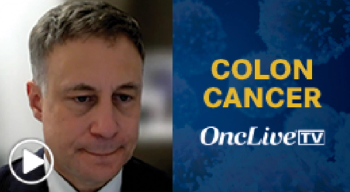
Peter Kozuch, MD, discusses the phase 2/3 CIRCULATE-US trial evaluating chemotherapy decisions for patients with resected colorectal cancer based on circulating tumor DNA status.

Joseph A. Sparano, MD, highlights practice-changing clinical trials, novel therapies, the evolving treatment landscape, and unmet needs in the field of breast cancer.

Joshua Brody, MD, discussed significant updates in MCL treatment presented at the 2022 ASH Annual Meeting, including results from the phase 1/2 BRUIN trial of pirtobrutinib, follow-up data from the phase 2 ZUMA-7 trial on CAR T-cell therapies, and next steps to expand the development of immunotherapies in this disease.

Joshua Brody, MD, discusses unmet needs in patient subgroups within Hodgkin lymphoma, recent advancements in the use of antibody-drug conjugates such as brentuximab vedotin and anti–PD-1 therapies in earlier lines of therapy, and future avenues for expanding the use of immunotherapy in this tumor type.
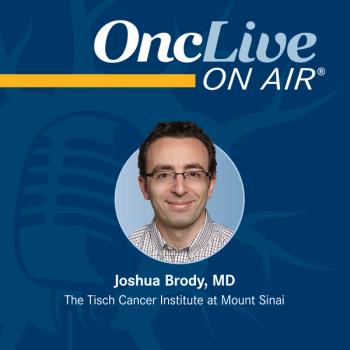
Dr Brody previews mantle cell lymphoma data being presented at the 2022 ASH Annual Meeting and Exposition, including promising data on pirtobrutinib from the BRUIN trial, the potential for CAR T-cell therapy as evidenced in the ZUMA-2 trial, and how immunotherapies such as glofitamab are expanding the treatment paradigm.
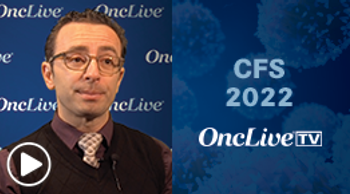
Joshua Brody, MD, discusses key follow-up data from the phase 3 ECHELON-1 trial in classical Hodgkin lymphoma.
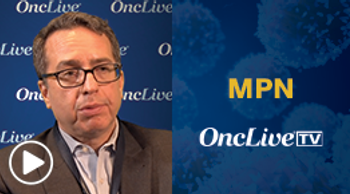
John O. Mascarenhas, MD, discusses current advancement in the treatment landscape of myelofibrosis.

John Mascarenhas, MD, discusses the shifts from monotherapy to combination therapies in the evolving field of myelofibrosis care.

Shambavi Richard, MD, discussed key studies that continue to shape the SOC in both the transplant-eligible and -ineligible populations, the role of transplant in the space, and unmet needs that remain for older and frail patients.
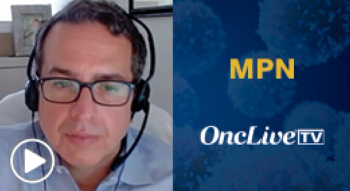
John O. Mascarenhas, MD, discusses the investigation of pelabresib in myelofibrosis.

T-cell redirection therapy has shown to be effective in patients unresponsive to initial bispecific antibody treatment.

Several inroads have been made in the realm of gastrointestinal cancers, with novel immunotherapy combinations representing a significant advance spanning several tumor types.

Peter Kozuch, MD, discusses the role of circulating tumor DNA in colorectal cancer.
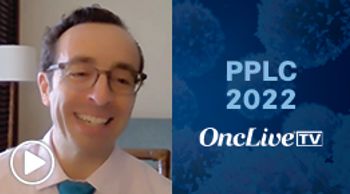
Joshua Brody, MD, discusses the significance of CAR T-cell therapies being used in earlier treatment lines in patients with diffuse large B-cell lymphoma who relapse within their first year of receiving chemotherapy.

Mount Sinai researchers have discovered a previously unknown mechanism in which not-yet-malignant cells from early breast cancer tumors travel to other organs and, eventually, “turn on” and become metastatic breast cancer.